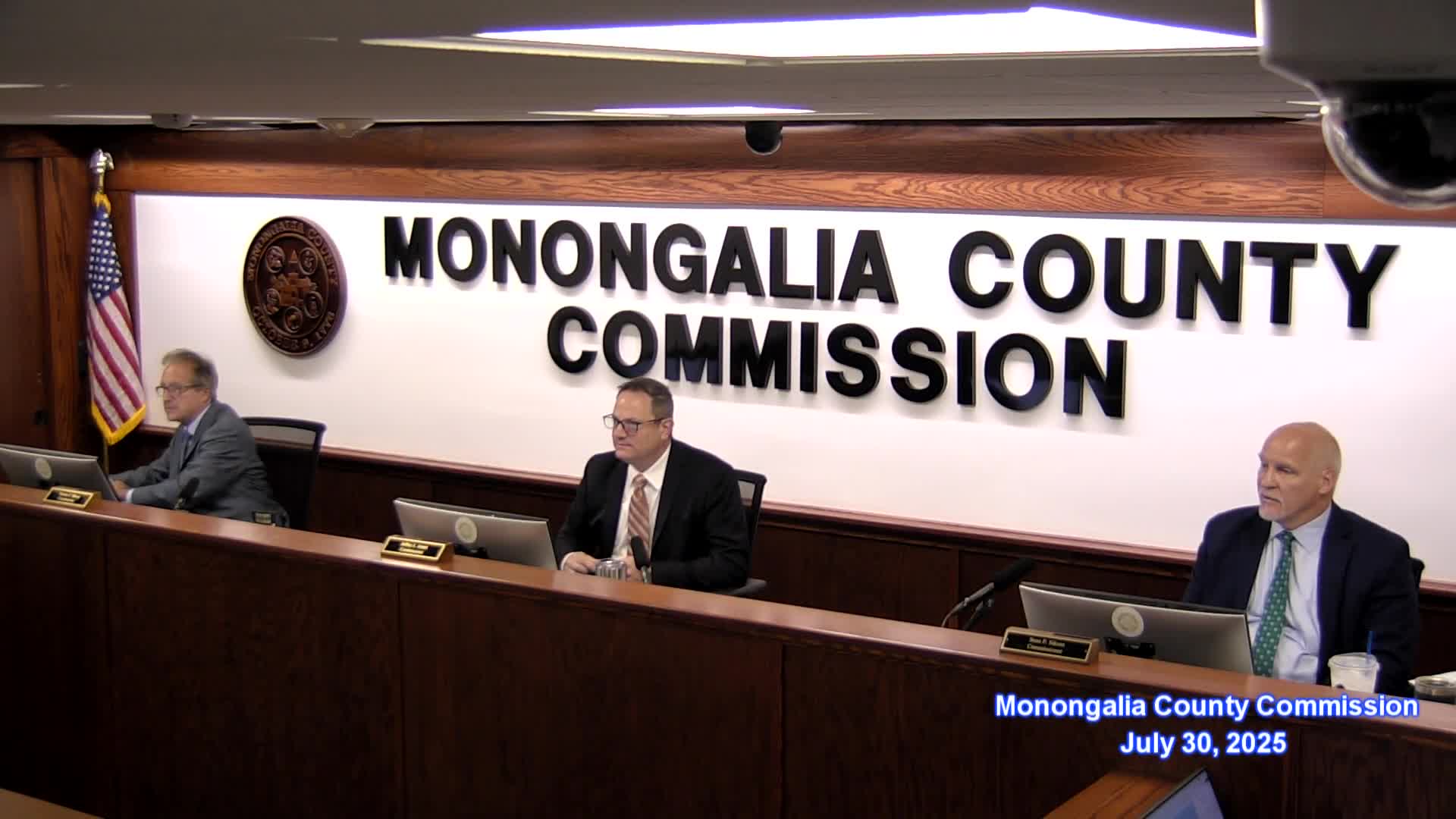Article not found
This article is no longer available. But don't worry—we've gathered other articles that discuss the same topic.
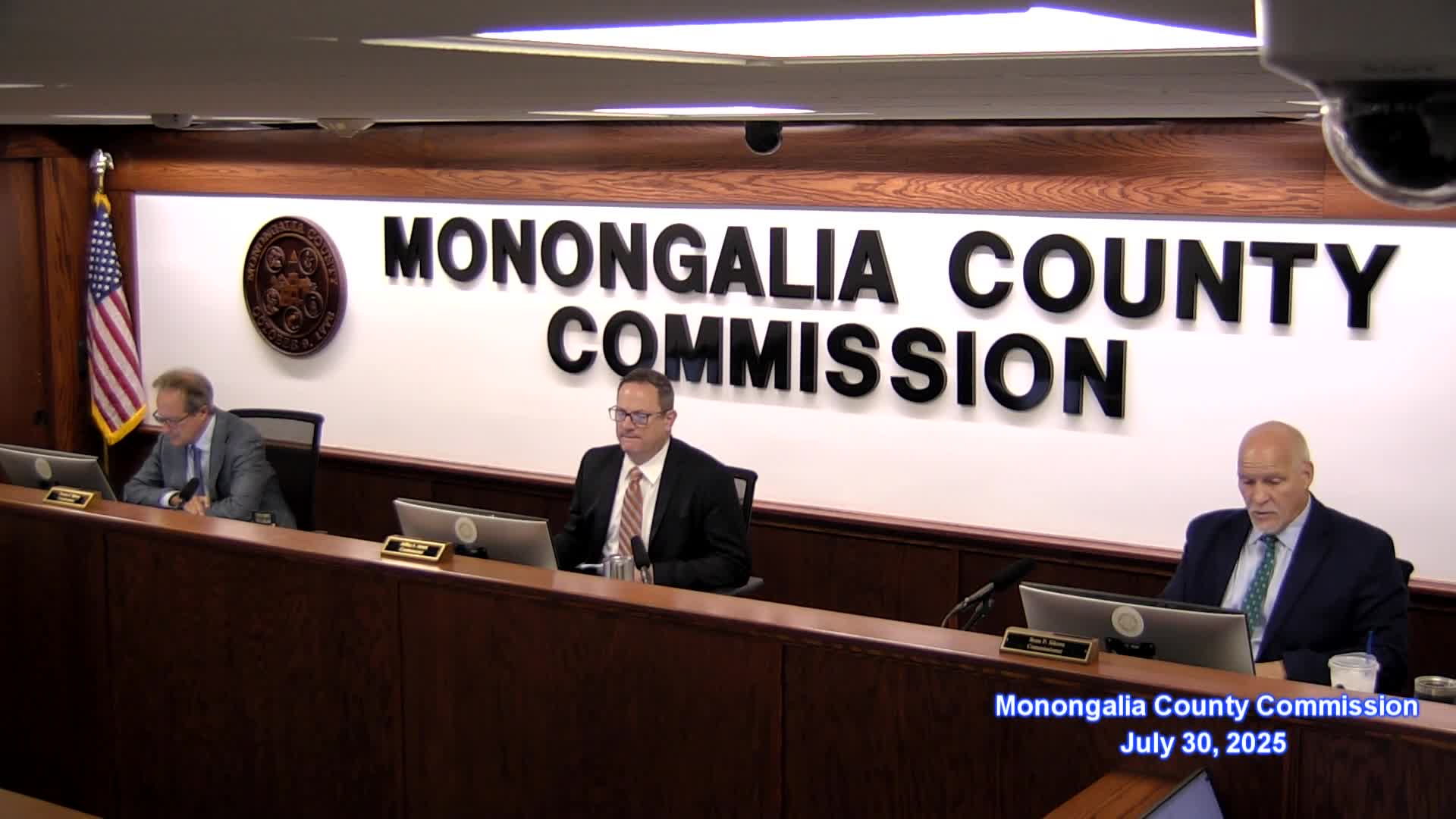
County approves $5,000 contribution to 'This is Morgantown' brand video
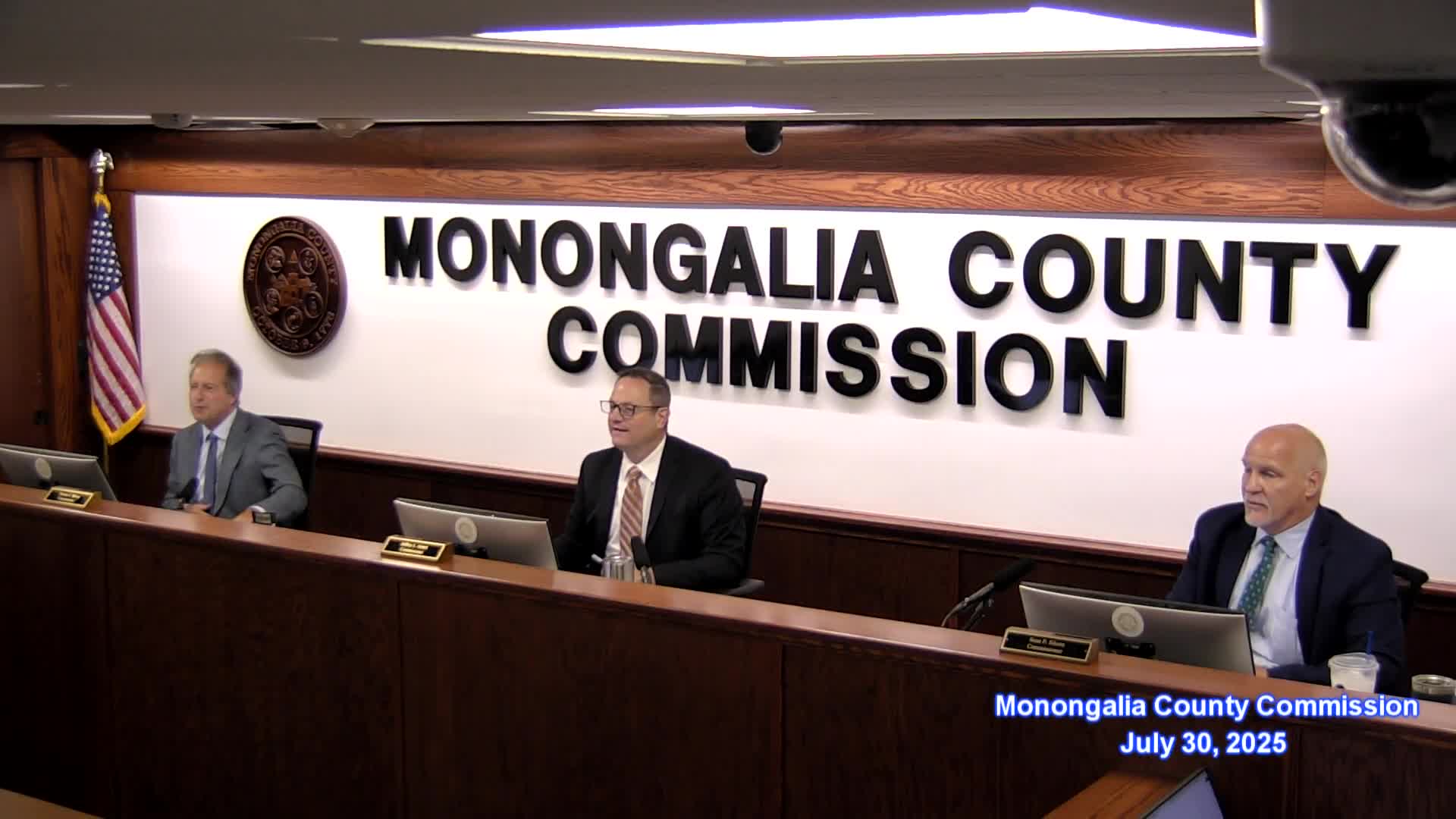
Monongalia County proclaims September 2025 as 'Mon County Goes Purple' for recovery awareness
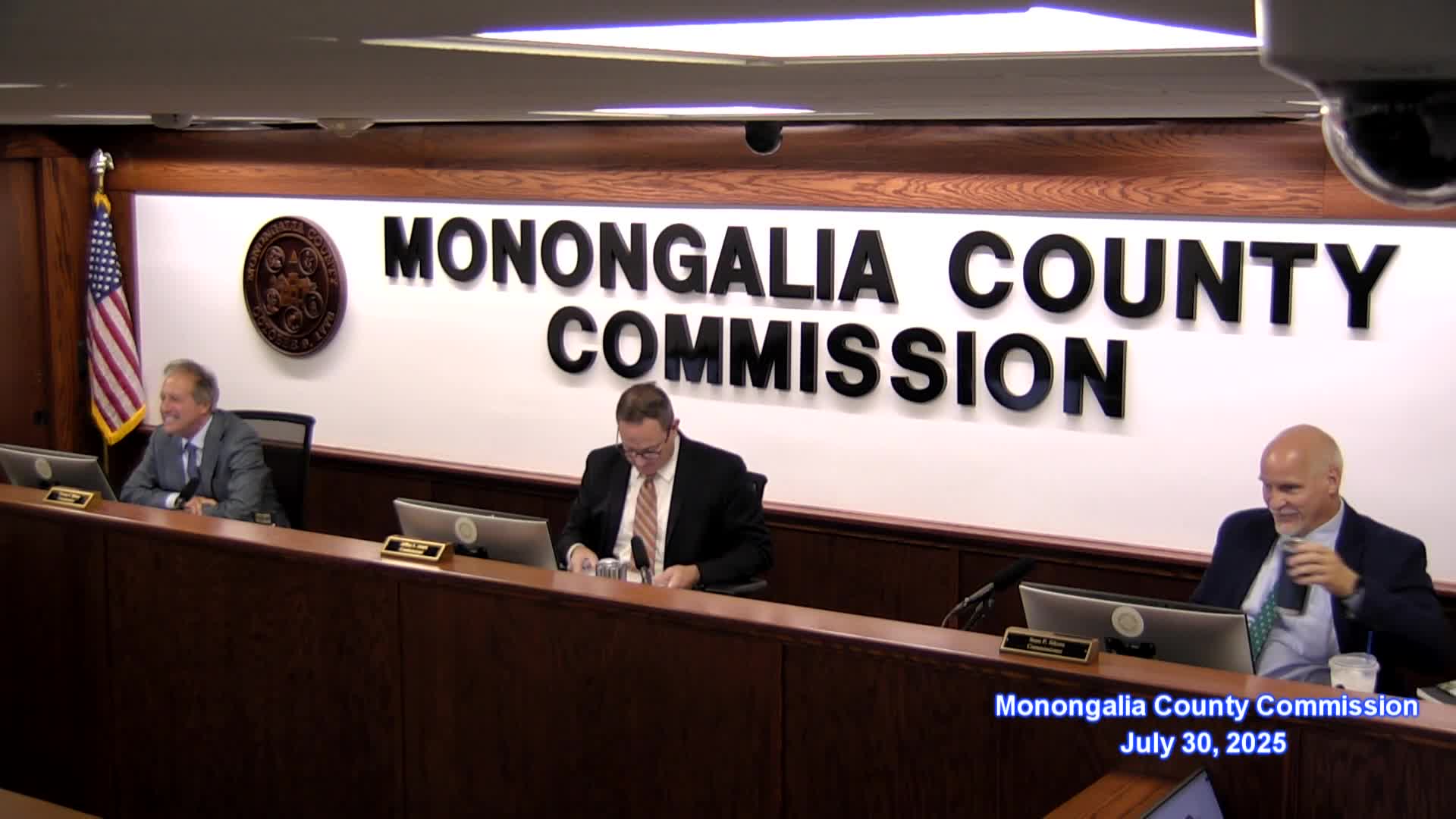
Commission accepts sheriff——————————————————————— settlement, approves statutory additional compensation of $15,000
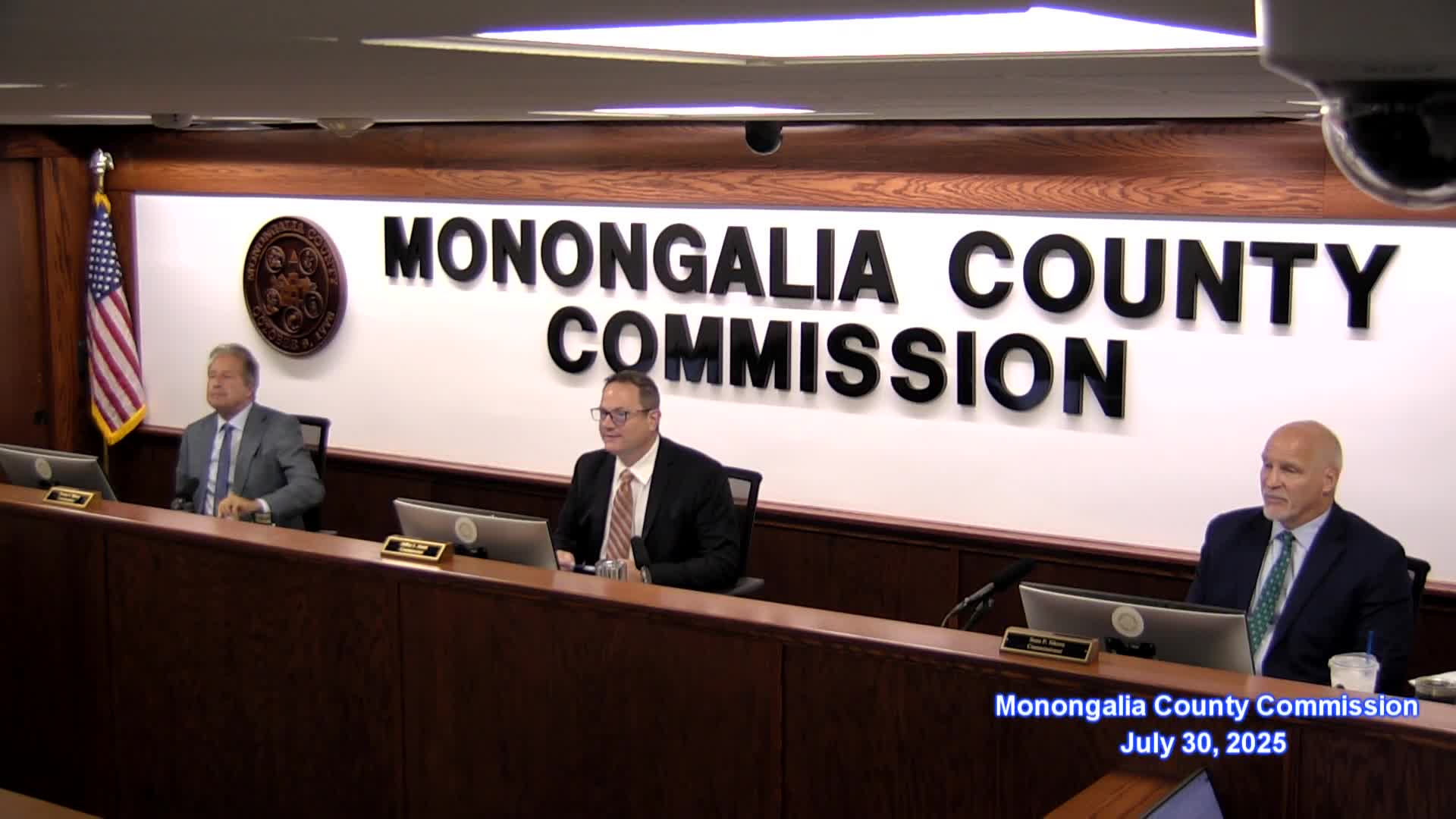
Monongalia County approves several personnel hires; names new Chestnut Ridge Park superintendent
